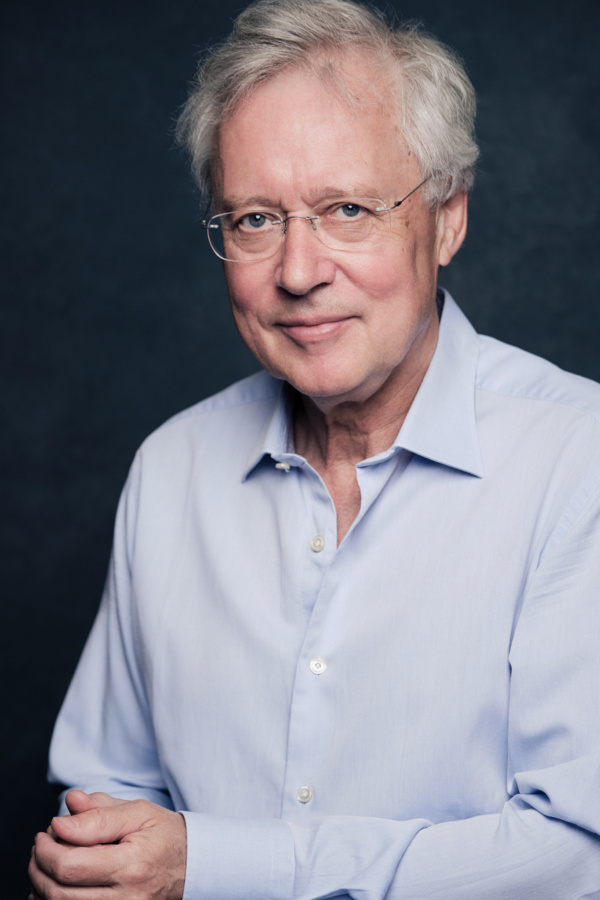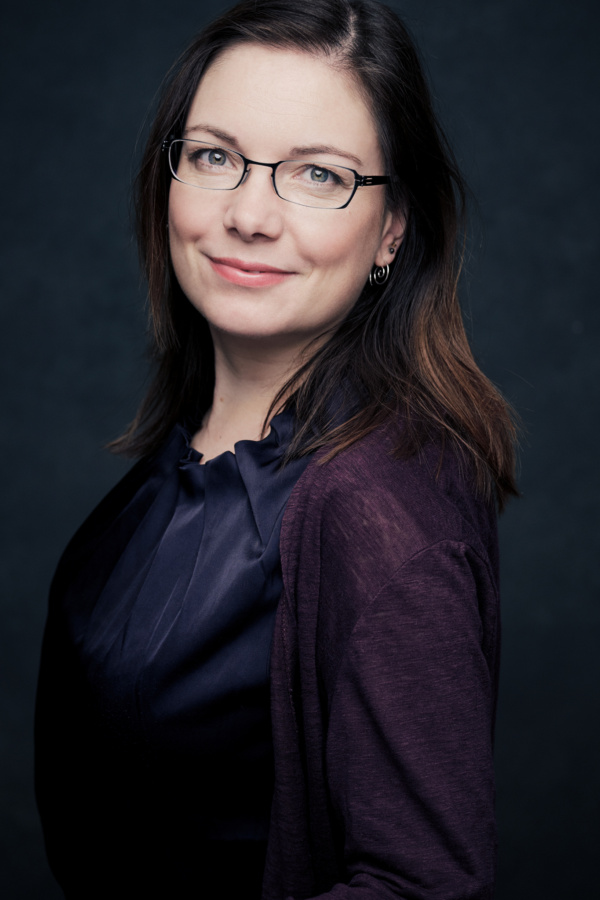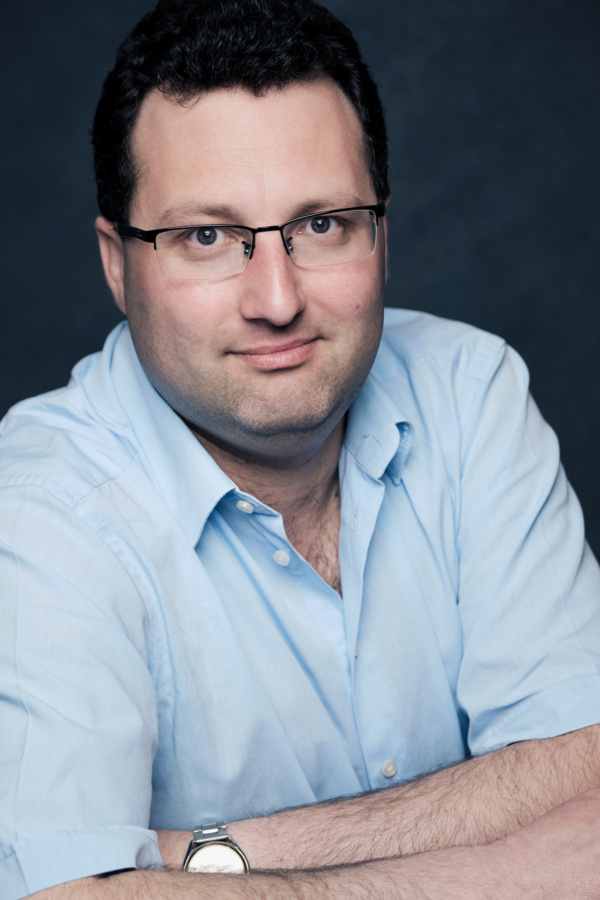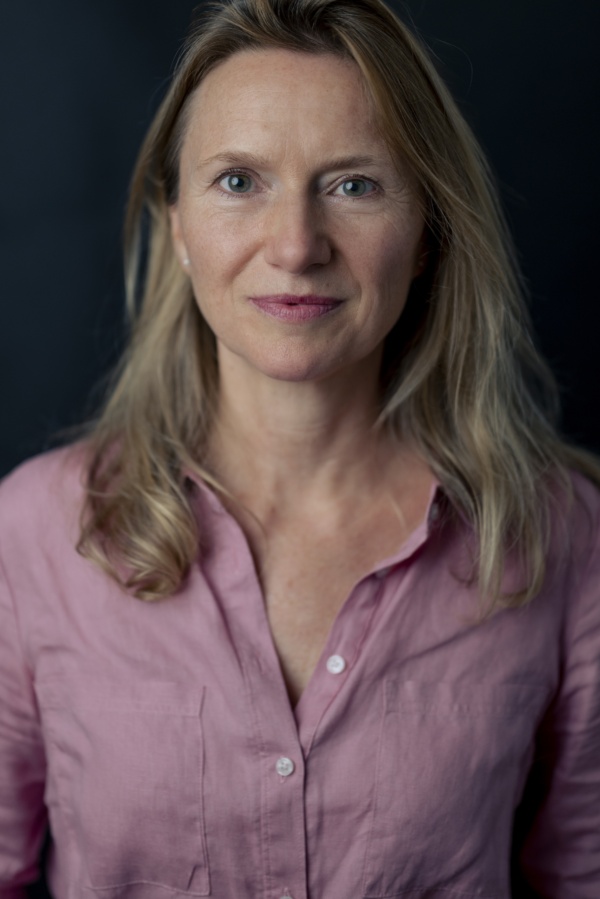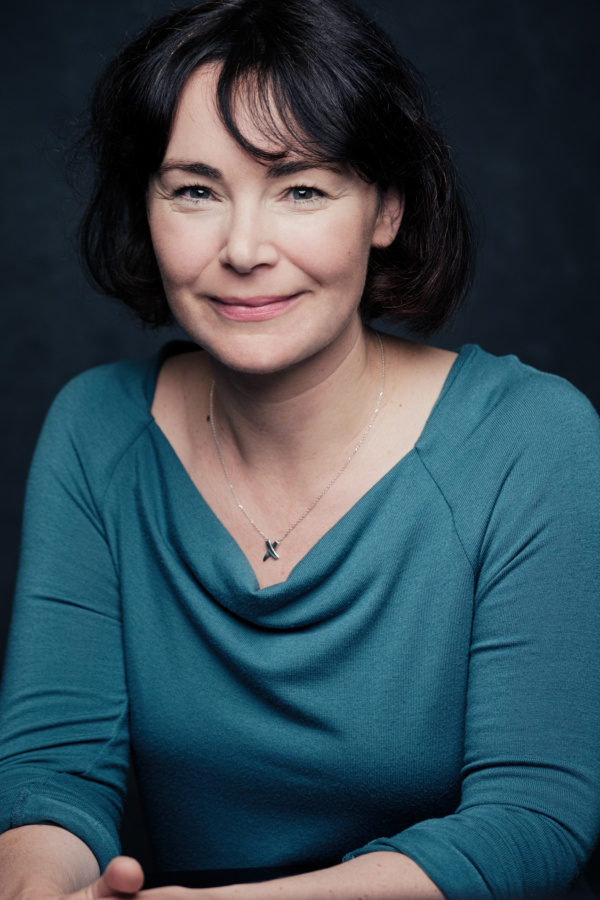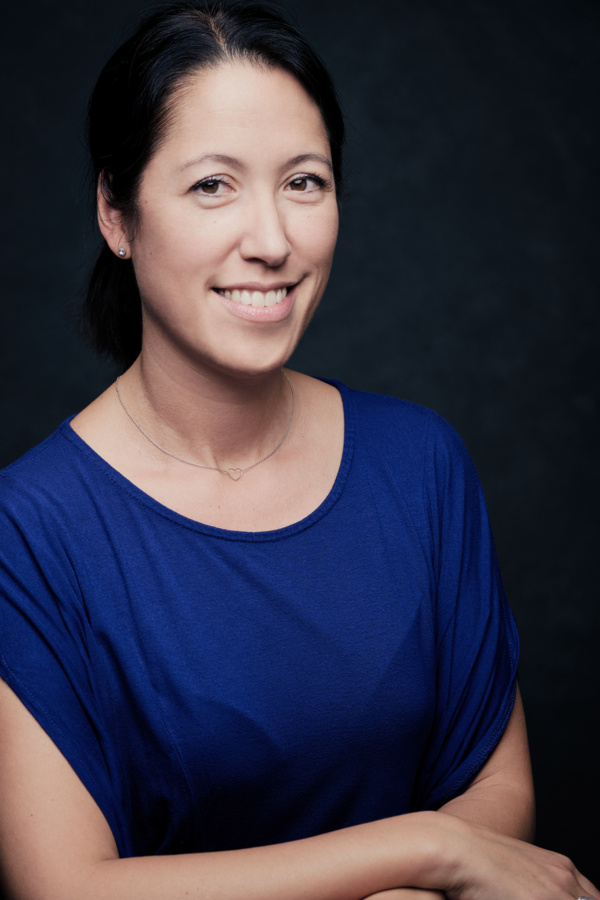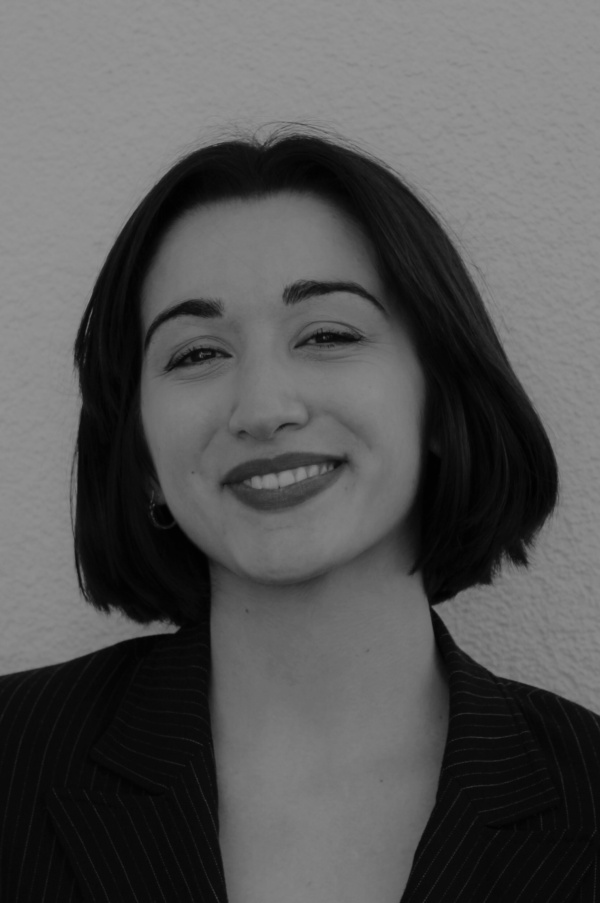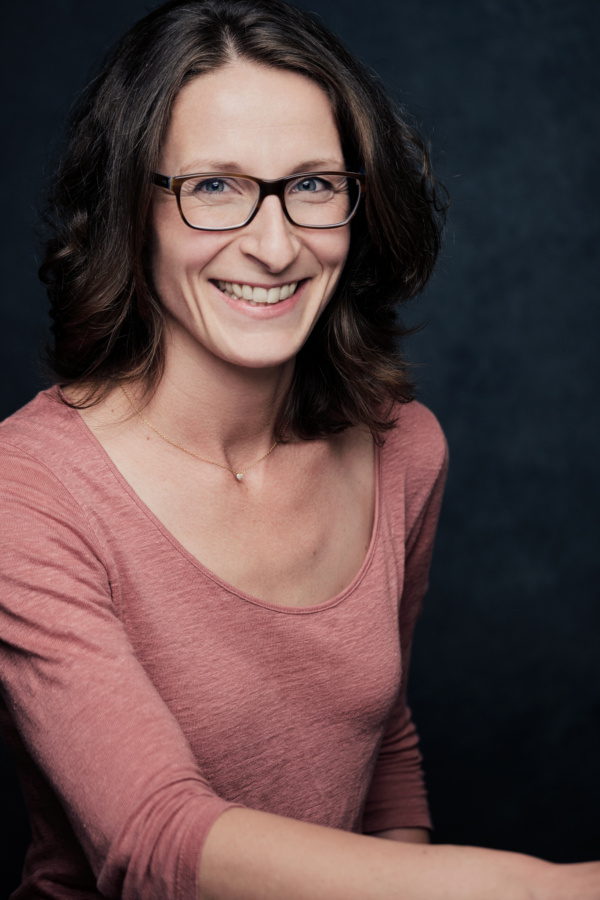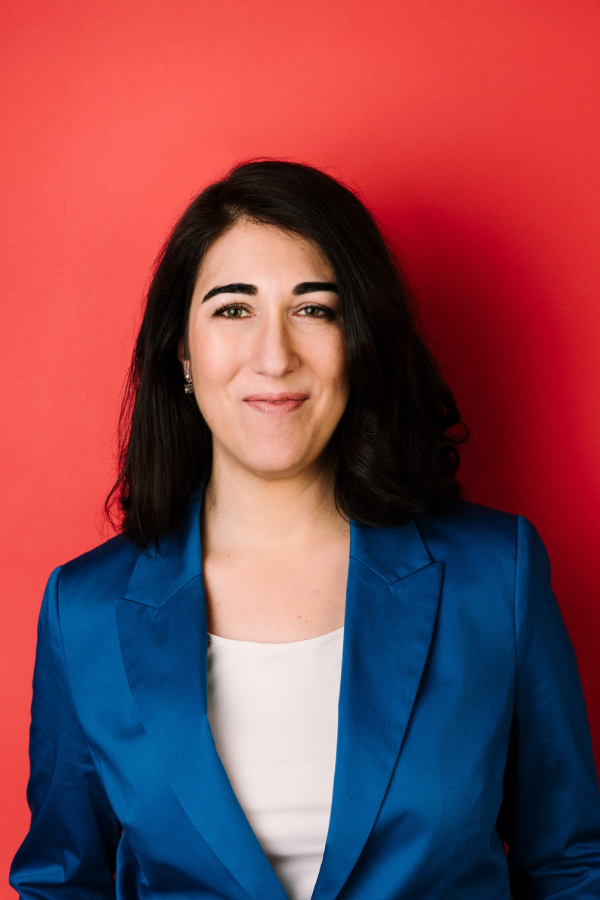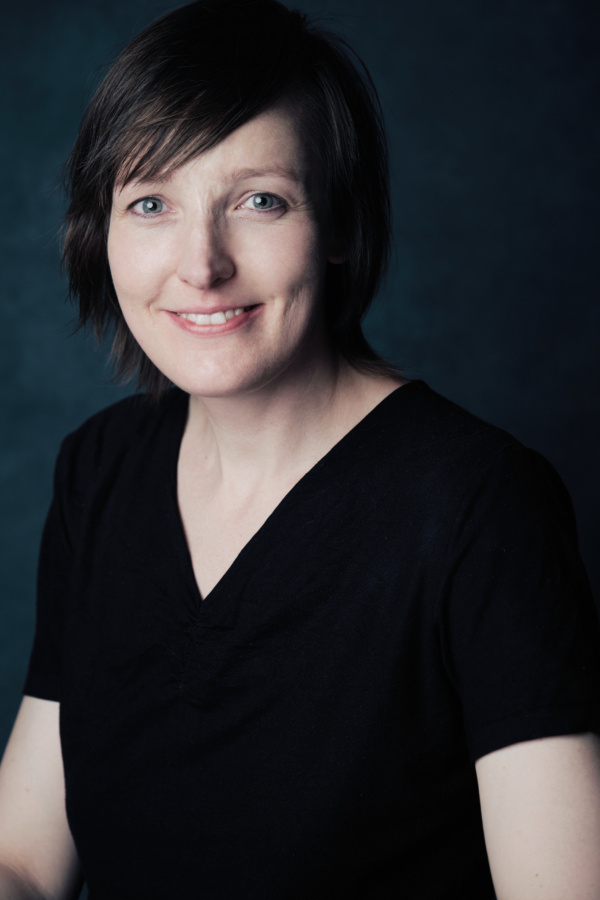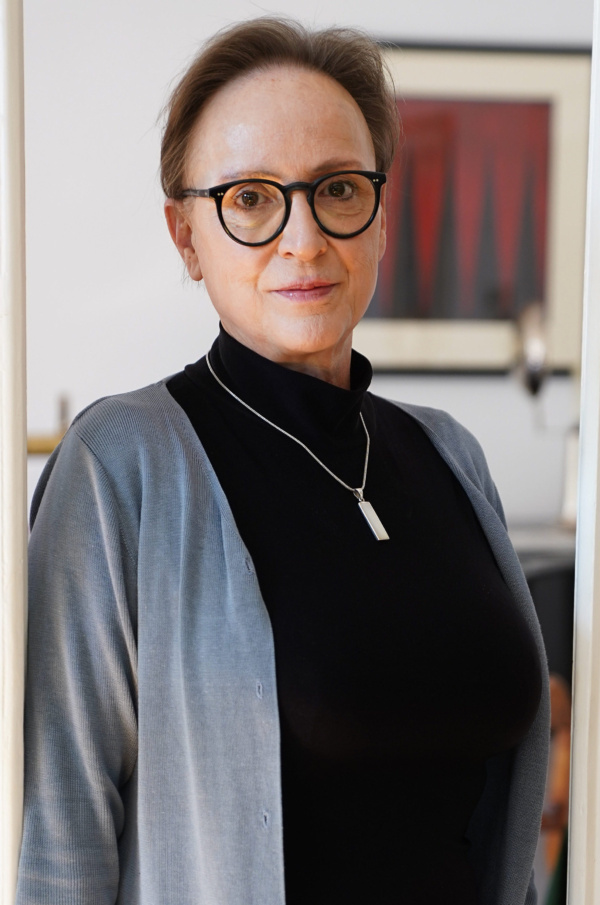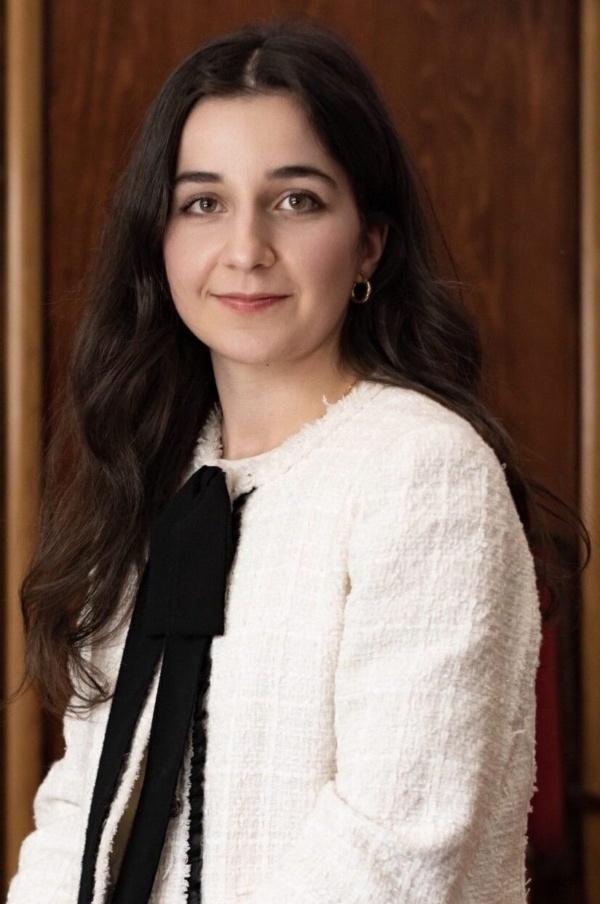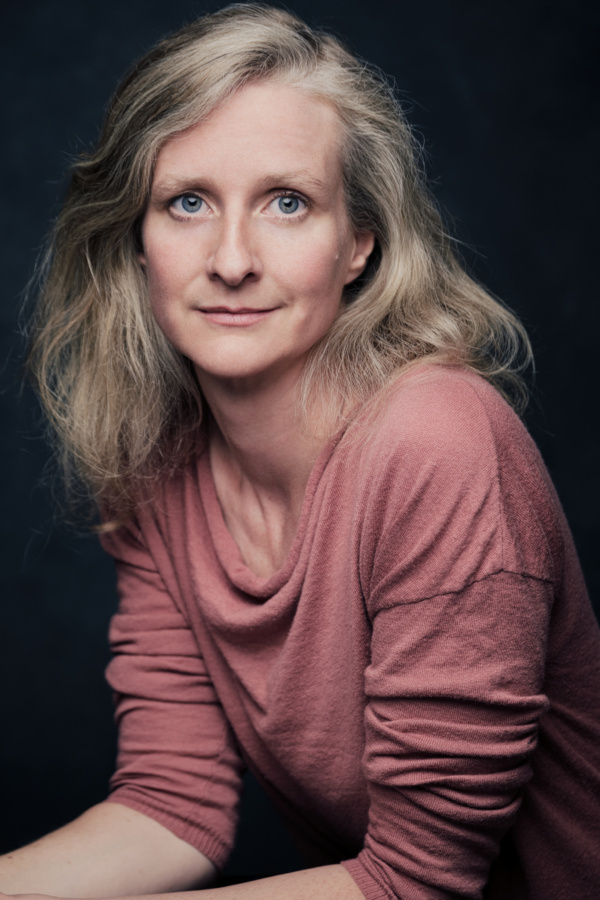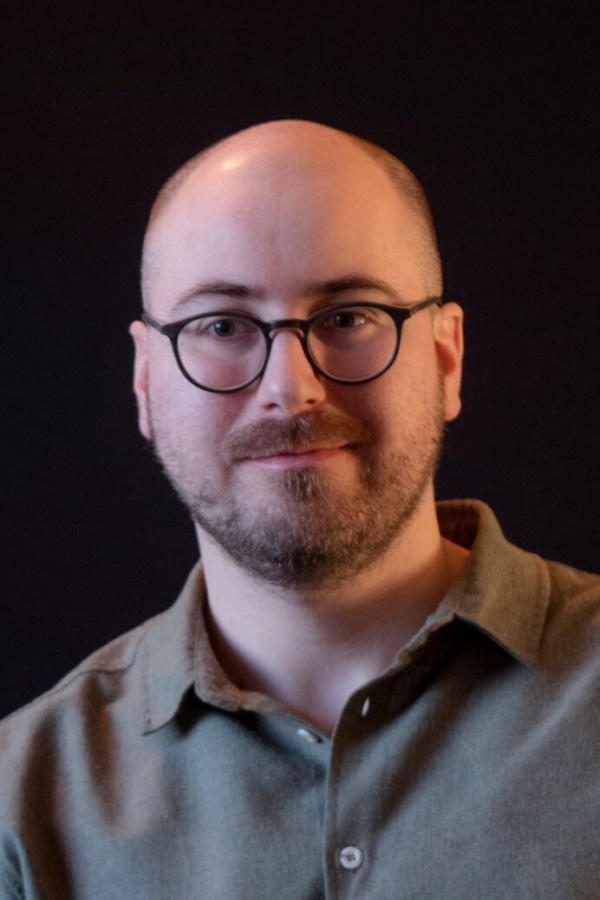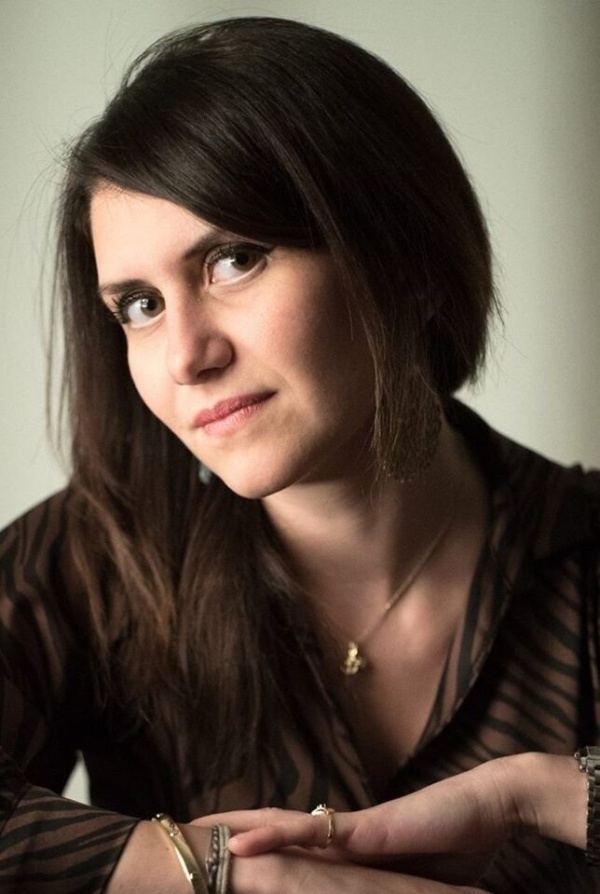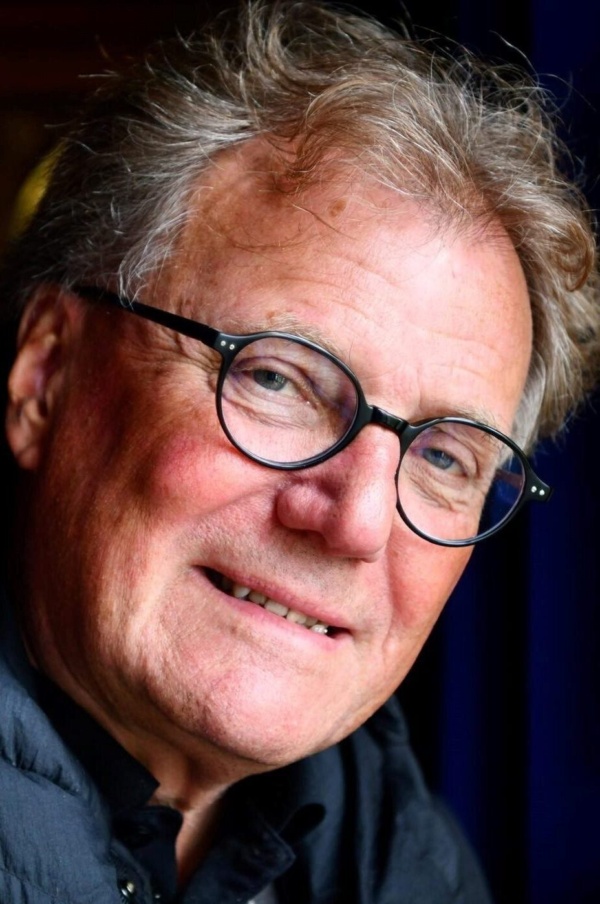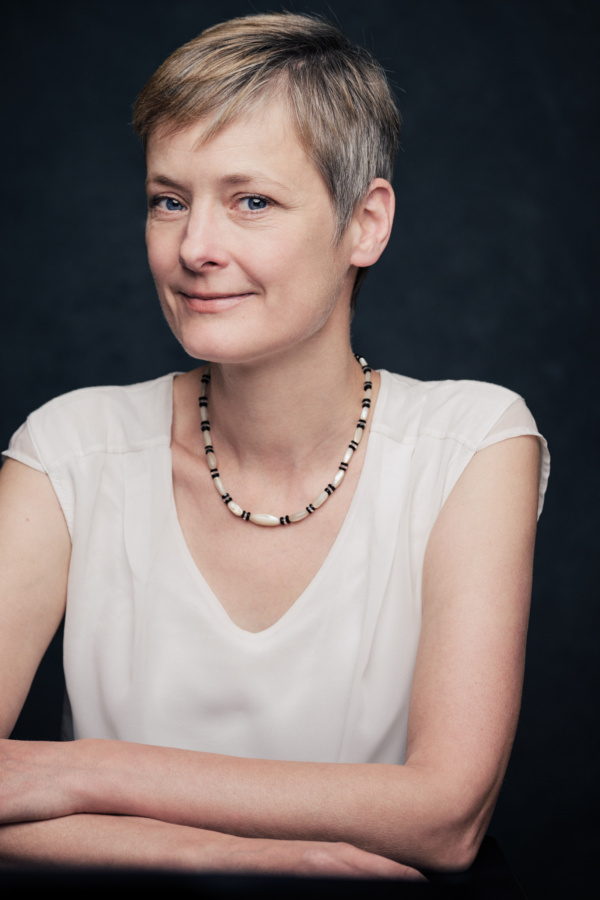Karsten Witt
Karsten Witt grew up in Hamburg and Aachen and received his first violin lessons at age 9 in Aachen, which he later continued with Elisabeth Hauptmann and Evelyn Distler in Hamburg and Abraham Comfort in Winterthur. He played in various youth orchestras as a violinist, including the World Youth Symphony Orchestra in Interlochen/Michigan and – as concertmaster and speaker – in the newly founded Bundesjugendorchester. After leaving the Bundesjugendorchester, he and other former members founded the Bundesstudentenorchester/Junge Deutsche Philharmonie (JDPh) in 1974. The young musicians built an orchestra in which the members themselves bear artistic and economic responsibility, and in which all forms of ensemble playing are practiced while new forms of performance and communication models are also developed. Although its roster has seen ongoing changes, this self-governing orchestra successfully continues to this day.
Karsten Witt studied mathematics and linguistics with Kuno Lorenz in Hamburg and with Friedrich Kambartel in Konstanz. At the University of Konstanz, he was also a research assistant to Albrecht Wellmer, and active as a student council representative and in the Grand Senate. After completing his studies with a master's thesis on the philosophy of science (Theory of Action and Developmental Logic), he concentrated entirely on the further development of the JDPh and became its full-time managing director in 1979. With the office’s expansion, first in Freiburg and from 1984 in Frankfurt, he saw himself providing support to the musicians’ initiatives (which at times required some manoeuvring).
The Ensemble Modern (EM) and chamber orchestra of the JDPh were founded from the orchestra’s ranks in 1980, which from 1983 – within the framework of the Opus Anton Webern project – worked independently of the large orchestra. During this period, the ensembles of the JDPh performed up to 600 project days and 150 concerts a year all over the world. In 1985, the members of the EM relocated to Frankfurt as a professional ensemble. In 1987, the chamber orchestra followed, now under the name Deutsche Kammerphilharmonie (DKPh). Both orchestras were restructured that same year as independent organisations under civil law, in which the members bear not only the artistic responsibility but also the economic risk. At the same time, the Deutsche Ensemble Akademie e.V. was founded as a joint sponsoring association for all three orchestras. Karsten Witt handed over the management of the JDPh in 1987, that of the DKPh in 1989, and, finally, that of the EM and DEA in 1991. Following the conversion of an old shoe factory rented from the city of Frankfurt under his initiative, the ensembles all found a new home there in autumn 1990.
In 1990 Karsten Witt was elected Secretary General of the Wiener Konzerthausgesellschaft, succeeding Hans Landesmann and Alexander Pereira. He took up this position, in which all management functions of the private house were united, in summer 1991. Among his first initiatives was the founding gathering of the European Concert Halls Organization ECHO. In his first season, the Konzerthaus’ subscription program was given a new structure. Spring 1992 saw the launch of the avant-garde music festival Hörgänge, as well as the Wiener Frühlingsfestival, which was dedicated to collaborating with neighbours in Eastern Europe following their newly opened borders. In 1994 the early music festival Resonanzen followed, and in 1995 the festival Film&Musik. The festival Wien modern became increasingly focused in its programming under his direction. In 1993 he initiated the nationwide music education project Klangnetze. Another focus of his work was planning the renovation of the Vienna Konzerthaus, which was implemented by his successor Christoph Lieben as part of a general renovation over several years.
In 1996 Karsten Witt relocated to Hamburg as President of the Deutsche Grammophon Gesellschaft. Under his leadership, the company was successfully restructured. Among other activities, he was responsible for the launch of the 20/21 series, the publication of the Beethoven Complete Edition, and the organization of the company's centenary celebrations in 1998. From 1999 to 2002, he was Chief Executive of the South Bank Centre (Royal Festival Hall, Queen Elisabeth Hall, Purcell Room, and Hayward Gallery) in London. The proposed master plan for South Bank, which included a new concert hall between the Royal Festival Hall and the London Eye, was not carried out due to political opposition. The renovation plan for the Royal Festival Hall developed under his leadership, in contrast, was successfully implemented. The highly acclaimed celebration of the Royal Festival Hall's 50th anniversary in 2001 also took place during his tenure.
After Karsten Witt went into business for himself in 2002, he initially carried out a number of projects in collaboration with Shaksfin Asia in Singapore, including the first contemporary music festival in Taipei, which was postponed from April 2003 to January 2004 due to the SARS pandemic. In 2004, together with his wife, Marie-Annick Le Blanc, he then founded his own company, karsten witt musik management GmbH in Berlin, providing support not only in project and artist management, but also as a consultant in all areas of music management.
In addition to his professional and consulting work, Karsten Witt has also taught on various occasions, among others:
1995 and 1996 at the Institute for Cultural Management of the University of Music and Performing Arts in Vienna
2004/05 in the Executive Master of Arts Administration at the University of Zurich
2008 as a visiting professor of arts management at Tokyo University
2019 and 2020 at the Accademia Teatro alla Scala in Milan
In addition, he has performed the various honorary tasks, including:
1986-1990 Managing Director of the Society for New Music (German section of the IGNM).
1999-2020 Board Member of the Deutsche Ensemble Akademie e.V.
2000-2002 Governor of the Guildhall School of Music and Drama in London
2002-2013 Director of the Wiener Konzerthaus-Gesellschaft
2006 to 2009 Board Member of the International Artist Managers' Association (IAMA)
2009 Founder and Managing Director of CLSX.de - Partner für Musik gUG for the organization of concerts and events in Berlin
2018 Founder and Chairman of the International Beethoven Academy e.V. in Berlin
